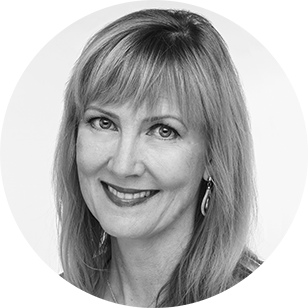How the Ms. Veteran America contest empowers female vets
It's not a pageant. It's a movement.
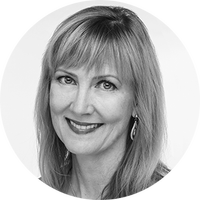
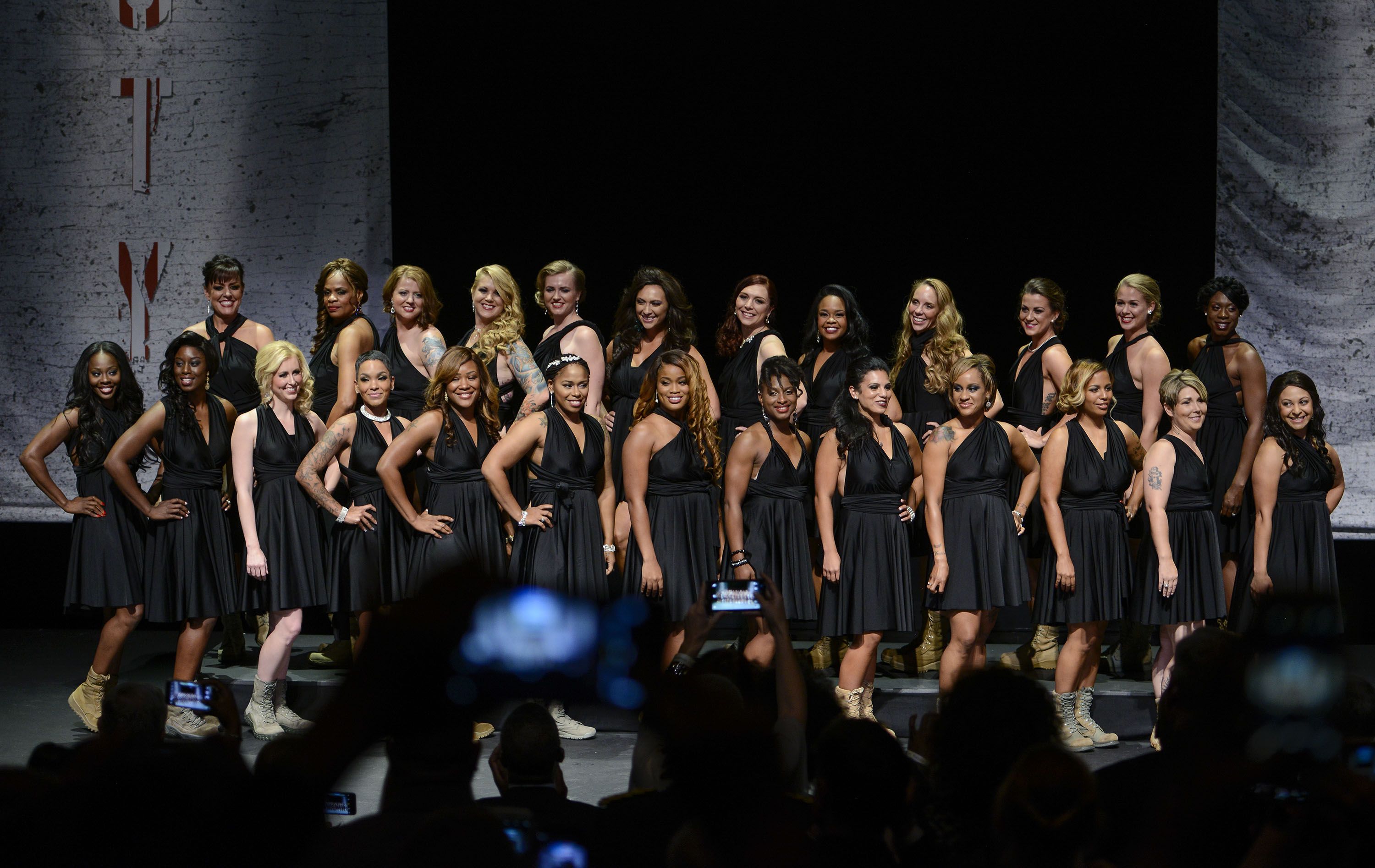
A free daily email with the biggest news stories of the day – and the best features from TheWeek.com
You are now subscribed
Your newsletter sign-up was successful
Molly Mae Potter stood on the stage alongside 24 other women. She wore a long gown that made her feel like a queen, and waited under the bright lights for the name of the winner to be announced.
When she heard her name, she was shocked. As the crown was placed on her head, Potter stared directly into her mother's eyes and thought, "What on Earth have I gotten myself into?"
This was no average beauty pageant. Potter had just been named Ms. Veteran America 2016 — an honor given each year to one of hundreds of U.S. female veterans who apply to enter the competition. The nonprofit organization highlights the strength, courage, and sacrifice of the country's military women, and the winner becomes a spokesperson and role model for empowering women everywhere.
The Week
Escape your echo chamber. Get the facts behind the news, plus analysis from multiple perspectives.

Sign up for The Week's Free Newsletters
From our morning news briefing to a weekly Good News Newsletter, get the best of The Week delivered directly to your inbox.
From our morning news briefing to a weekly Good News Newsletter, get the best of The Week delivered directly to your inbox.
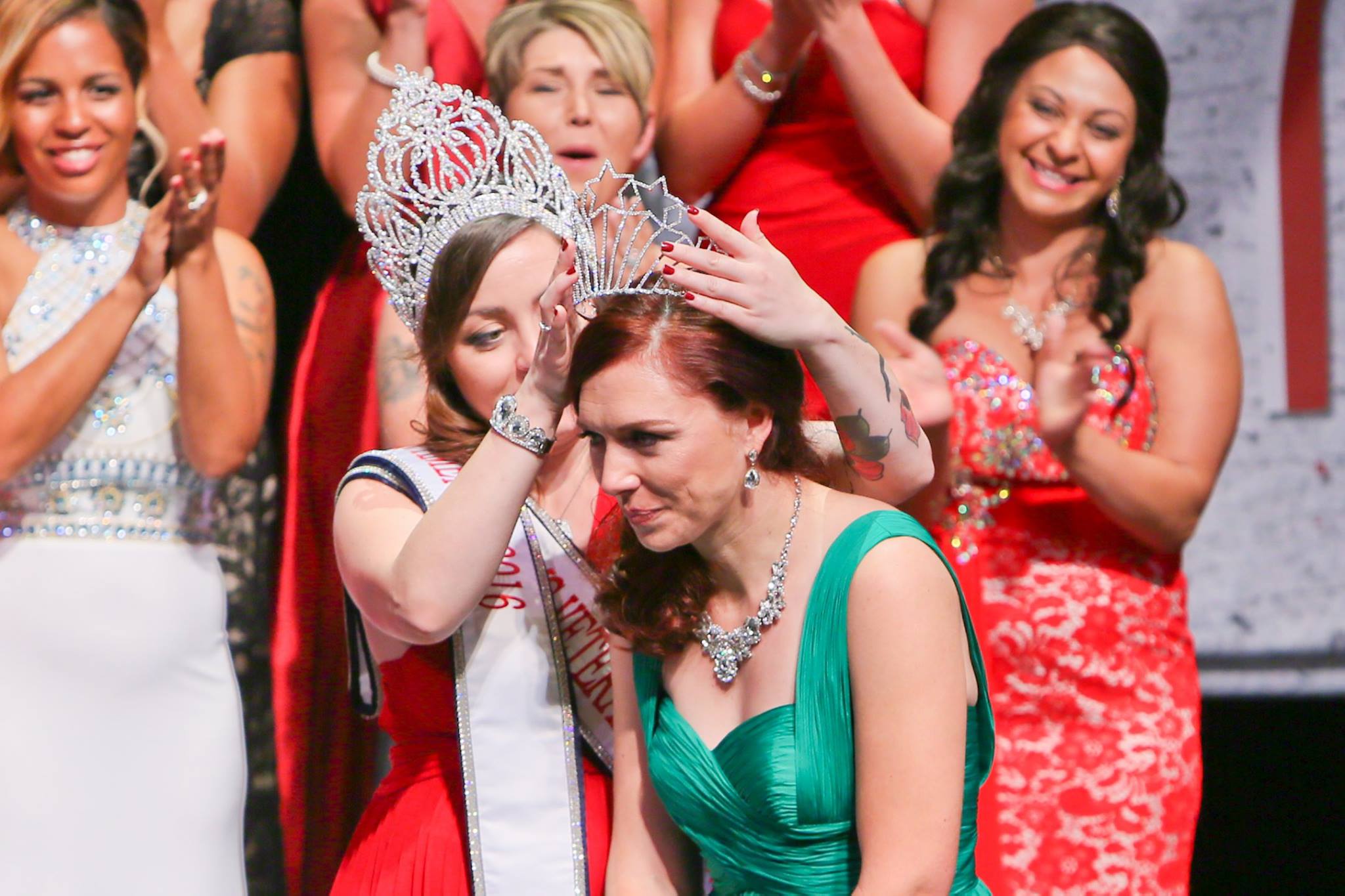
Potter says the journey to being crowned Ms. Veteran America didn't feel like a normal competition at all.
"Never before had I been in a room with 30 women who were all veterans (and some still active) from all eras of war," she says. "The competition was more of a celebration of service. I connected with women veterans on a level that only other women who have gone to combat can understand. It was incredibly empowering and humbling."
Potter made life-long friends, laughing with her fellow veterans — and crying, as well, over memories of friends lost in combat or to suicide.
"We hugged each other as we talked about our experience with sexual harassment while serving. And we rolled our eyes at stories about people who underestimated us. That's the Ms. Veteran America competition. It's not a pageant. It's a movement."
A free daily email with the biggest news stories of the day – and the best features from TheWeek.com
Potter entered the competition after her own long and arduous journey, to raise money for female veterans facing homelessness and unemployment. Many veterans leave the military with unresolved mental health or personal issues and do not have support while searching for a job; female veterans experience higher unemployment rates than their male counterparts. They are also six times more likely to be homeless, and are the fastest growing homeless population in the country, at approximately 55,000.
Potter experienced that first-hand. As a first lieutenant in the Air Force, she was deployed to Afghanistan in 2010 on a mission with the Special Operations Command Headquarters. She was the first female selected for this program, and one of the youngest in the unit.
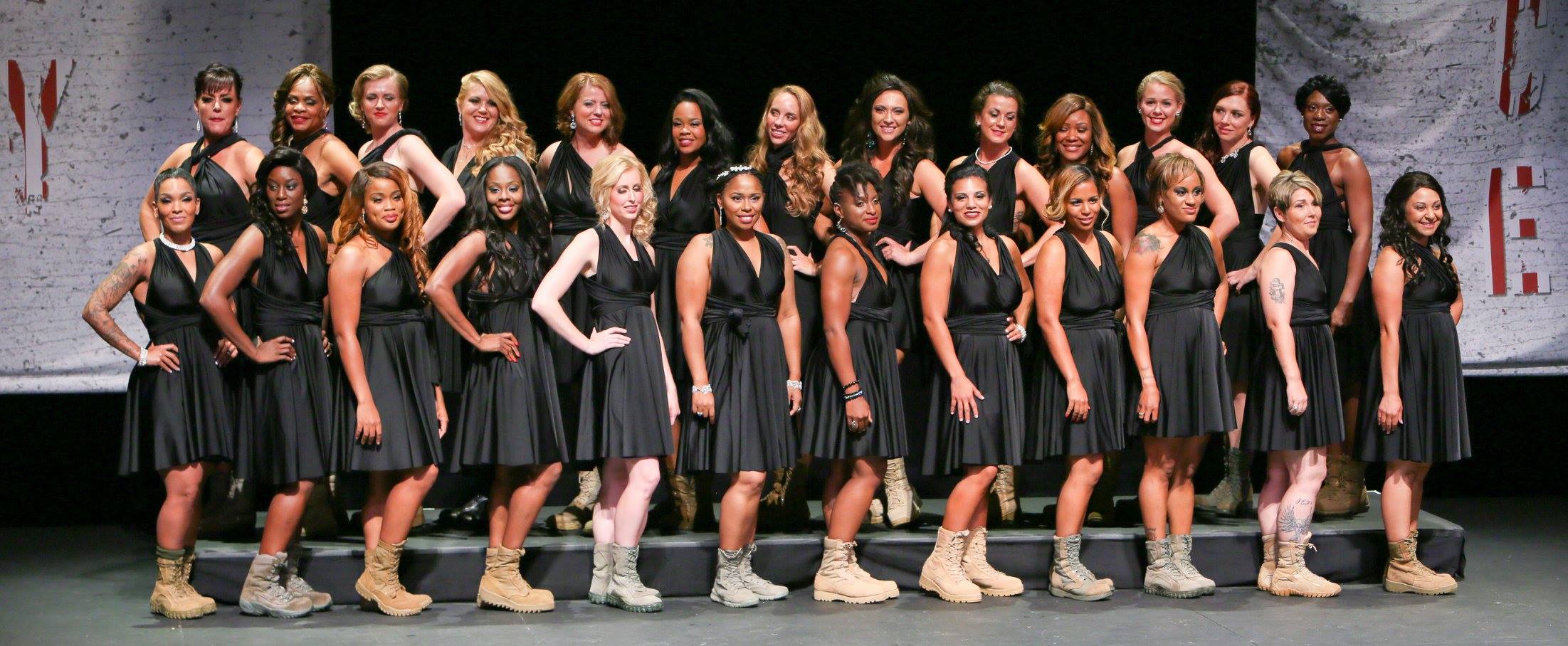
Her missions consisted of flying between remote bases with special forces operators, in the middle of war. "I saw things I wasn't prepared to see, and I experienced things I never thought would happen to me," she says.
Just a few months into her deployment, Potter had come off a long night mission and headed to the dining facility for a sandwich.
"The sun was just rising over the mountains, and that is when our base came under attack," she recalls. "A mortar round landed right behind me." The blast threw her into a ditch and knocked her unconscious. Fortunately, massive concrete barriers helped shield her from the shrapnel that could have killed her.
"I woke up groggy and very confused," Potter says. "I slowly started to piece together what had happened as people rushed to make sure I was okay. I had a horrible headache and my whole chest hurt like hell. But I got up on my own. I could walk. I could breathe."
A month later Potter was back home — but settling back into a desk job and her suburban life in Florida left her feeling irritable and out of place. She buried herself in work and isolated herself from friends and family. She became obsessed with working out and developed an eating disorder. Her marriage began to fall apart as she struggled with insomnia, depression, and anxiety.
All of her problems culminated into one fateful day as she drove home from work, and was involved in a car crash. The accident made her realize that she couldn't handle her challenges alone.
"I surrendered and admitted to all the mental health and personal struggles in my life, not only my family and friends but also to the military," Potter says. "I didn't realize how much I had been affected by the deployment. It appeared to the outside world that I had my life together; but inside I was a total mess. I thought I would be able to overcome it on my own, but my protective barriers were quickly collapsing."
She was diagnosed with traumatic brain injury from her combat injury, and was honorably discharged from the Air Force in November 2013, while going through medical treatment and therapy.
Once out of the military, however, Potter struggled to find a job. "I went from being star officer in the Air Force and overcoming personal challenges with PTSD, and now no one wanted me. I was of no value."
She was finally recruited by Dell Technologies in Texas — a company dedicated to hiring veterans. She moved to Austin in May 2014 to begin her new life; not just in a new job, but with a renewed sense of purpose and mission. Potter wanted to become an advocate for female veterans, and the many issues that they face after service. So she entered the Ms. Veteran America contest. She dedicated her MVA run to Final Salute Inc., raising money for their work providing homeless female veterans with safe and suitable housing.
"Once I became crowned Ms. Veteran America 2016, my community embraced my title and really capitalized on the opportunity for Texas to become a leader in ensuring women veterans were represented," Potter says. "Ms. Veteran America gave me the courage and permission to be that voice for women veterans, and empowered me to think big when it comes to supporting our veterans. It's a gift that will keep on giving and will hopefully motivate me to keep going and keep building stronger communities and support for women veterans so that none of my sisters in arms, current or future, are left behind."
Shelley Seale is a freelance journalist and author in Austin who has written for National Geographic, USA Today, The Guardian, and Texas Monthly, among others. She loves yoga, indie movies, wine, and books, though not necessarily in that order. Shelley has performed a catch on the flying trapeze, boarded down a live volcano and was once robbed by a monkey in Nepal. But she doesn't know how to whistle.
-
 5 blacked out cartoons about the Epstein file redactions
5 blacked out cartoons about the Epstein file redactionsCartoons Artists take on hidden identities, a censored presidential seal, and more
-
 How Democrats are turning DOJ lemons into partisan lemonade
How Democrats are turning DOJ lemons into partisan lemonadeTODAY’S BIG QUESTION As the Trump administration continues to try — and fail — at indicting its political enemies, Democratic lawmakers have begun seizing the moment for themselves
-
 ICE’s new targets post-Minnesota retreat
ICE’s new targets post-Minnesota retreatIn the Spotlight Several cities are reportedly on ICE’s list for immigration crackdowns
